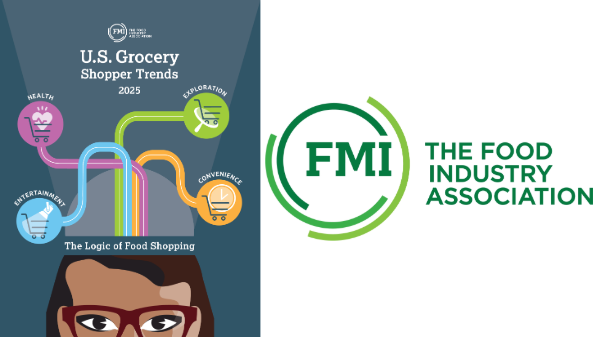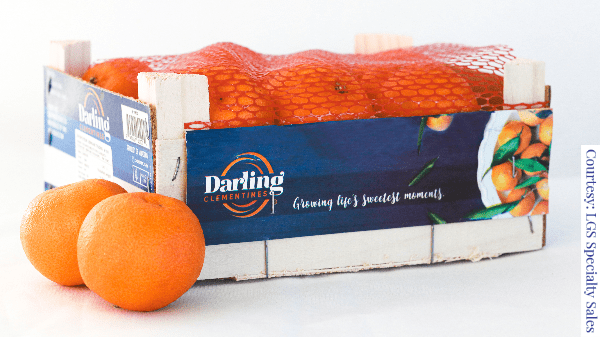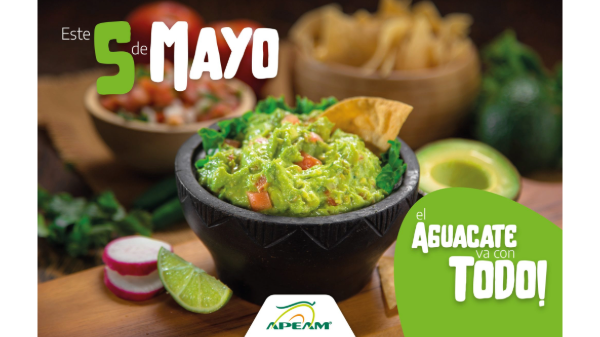Welcome to Blue Book!
Are you ready to join the thousands of companies who rely on Blue Book to drive smarter decisions? View our plans and get started today!
Still have questions? We’d love to show you what Blue Book can do for you. Drop us a line– we’ve been waiting for you.

Nicaragua’s economic success has been a surprise to many. Despite high poverty rates, global recession, and political turmoil, the country has maintained fiscal discipline, propelling steady growth since 2008 with minimal inflation or rising prices, and has gradually expanded exports—including over $550 million in agriculture and produce—and invited foreign investment.
While it has not embraced free trade agreements as much as some countries, controls have steadily loosened, and imports from Nicaragua to the United States are up 170 percent since 2005. The government has focused on long-long-term development plans, such as poverty reduction, agricultural sustainability, and balancing rural aid with an increasingly urbanized and educated population—all qualities that make its export trade more attractive.
As with most Central American countries, bananas and plantains are the kings of Nicaragua’s produce trade. Like other exporters, the country’s suppliers have diversified and found new markets for high-demand fruits (avocado, melons, citrus, and pineapple), tropical favorites (passion fruit, guava, mango, and papaya), and emerging Latin exotics (guanabana, mamey, and pitaya).
Mario Arana, general manager of APEN (Association of Producers and Exporters of Non-Traditional Products), notes that Nicaraguan produce exports to the United States climbed 11.2 percent since 2014, positioning it for the first time above Costa Rica, El Salvador, and Venezuela. And in the last decade, the country has enjoyed sustained economic stability, high safety standards, and competitive land and labor costs.
Arana admits, though, that there’s still work to be done: “We face the challenge of having to improve our productivity and technological capabilities. More agro-industrialization for our products is required,” he says. The country has, however, taken full advantage of the Central American Free Trade Agreement. “Standard trade practices and clear rules of the game are well-established here.”
Ronnie Cohen, vice president of sales at New Jersey-based Vision Import Group, has been doing business with Nicaragua since 1992, and provides his own perspective. While logistics, cultural differences, currency changes, and financial risks are universal in dealing with any foreign country, Central and South America offer the advantage of easy access to counter-seasonal produce as well as fruits and vegetables unique to the region.
“Each country has its own requirements and protocols that are often commodity-specific, and there are legal challenges to doing business,” Cohen admits. “We find the most important thing is to establish a relationship by visiting vendors to meet their teams and families, so we can understand their needs. We also encourage them to meet with our sales teams, so both sides know what we’re up against. The bottom line,” he stresses, “is it’s all about the relationships you establish.”
New Trade: Due Diligence
When doing business with a foreign country, buyers are faced with new cultural and economic realities. Even in the era of free trade, every country has its own customs and laws, and there can be additional roadblocks from language barriers and funding issues to disputes and disagreements.








